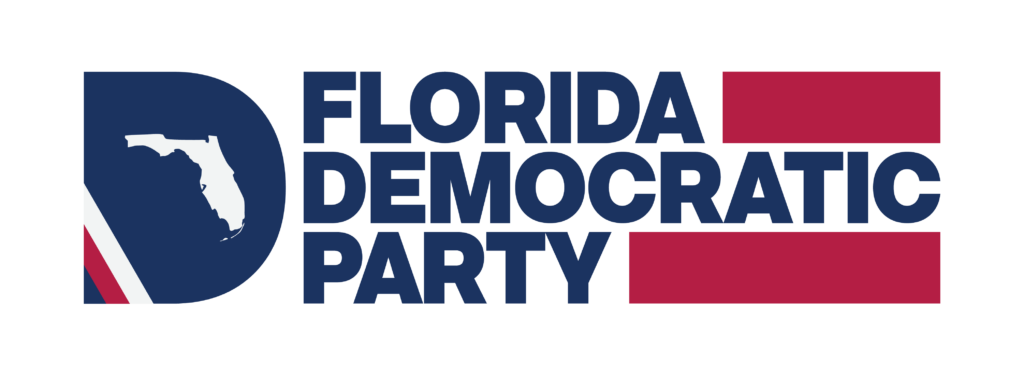In the News
Robbing Peter to pay Paul isn't sound budgeting


“Robbing Peter to pay Paul isn’t sound budgeting, and it doesn’t speak well of state leaders who consistently refuse to explore alternatives to across-the-board spending cuts or dicey privatization deals to balance the budget. Those leaders must do better.”
Orlando Sentinel Editorial: Budget shouldn’t pit schools vs. health
Gov. Rick Scott wants to spend more money on education. That’s the good news in the $66.4 billion budget proposal he unveiled this week.
Unfortunately, it’s also the bad news. That’s because the increase comes at the expense of providing health-care services to some of the most vulnerable Floridians.
Robbing Peter to pay Paul isn’t sound budgeting, and it doesn’t speak well of state leaders who consistently refuse to explore alternatives to across-the-board spending cuts or dicey privatization deals to balance the budget. Those leaders must do better.
Fortunately, there are options to raise revenue and make smarter spending cuts than what’s now on the table.
The governor’s budget calls for a $1 billion increase in public school spending. The move is overdue after years of cuts in education funding, even as needs have grown and local tax revenue has dropped.
Unfortunately, Scott would free up the money for schools and his other priorities largely by cutting $1.7 billion from health-care programs, mainly Medicaid. The federal-state program that serves the poor, elderly and disabled has its own money problems. While we agree the state must find a way to rein in Medicaid costs, deep cuts could spell the difference between health and infirmity, or worse, for some of Florida’s most vulnerable residents.
Florida is in a quandary. The state can’t tolerate mediocre schools if it wants to improve its workforce and attract new businesses and jobs. At the same time, the cost of state health programs, particularly Medicaid, continue to skyrocket, adding to the strain on present and future budgets.
To move past the Hobson ‘s choice of gutting one program for another, the governor ought to rethink his unwise opposition to collecting taxes on Internet sales. Scott is wrong to view it as a new tax. It’s the law, and not collecting what is legally owed the state already harms brick-and-mortar businesses that employ Floridians.
There are smarter ways to cut costs on existing programs, too. For example, dialing back mandatory minimum sentences for drug offenders would save money by allowing judges to craft punishments that include treatment instead of more expensive prison stays. The state also could save on prisons by being more selective in its efforts to privatize programs. Switching to some privately-run prisons would wind up costing the state more, not less.
Scott’s proposal pitting education against health care is only the first step in the budget process. The opportunity is there for the governor and lawmakers to take a new direction in crafting the next spending plan. They should pursue it.
http://www.orlandosentinel.com/news/opinion/os-ed-scott-budget-plan-121011-20111209,0,6086629.story


